Founded on compassion and rooted in community-driven action, CODISA — the Committee for the Development of the Inclusive Society for All — has spent four decades as a quiet but powerful force supporting people with disabilities in Lagos. Through direct aid, empowerment initiatives, and consistent advocacy, the organisation has built a reputation for transformative grassroots engagement. As it marks its 41st anniversary this April, it is preparing to scale its impact like never before by seeking to raise ₦500 million to expand its reach and deepen its work. The proposed fund will support school fees for blind children, provide laptops for visually impaired students, supply outdoor wheelchairs, fund business grants, tertiary scholarships, critical medical interventions, and support for homes and institutions across Lagos, including training and advocacy. Chiemelie Ezeobi writes that this creation of a Legacy Fund aims to secure CODISA’s mission for future generation by inspiring, empowering and transforming lives
In a world where individuals with disabilities often face exclusion and neglect, CODISA — the Committee for the Development of the Inclusive Society for All — stands as a beacon of hope and compassion. What began in 1984 as a small initiative under the Chapel of the Healing Cross has evolved into a life-changing movement that has impacted over 100,000 lives.
Now in its 41st year, which it would commemorate on Thursday, April 24 with an official launch and a fundraising, CODISA is poised for even greater impact.
In an interview recently with Olaoluwa Awojoodu, leader of CODISA, he stated with unmistakable passion, this is more than an organisation for us. It’s a calling, a mission to ensure that persons with special needs are not left behind”.
For more than four decades, CODISA has worked with children and adults with visual or hearing impairments, cerebral palsy, hydrocephalus, and other physical and cognitive disabilities. What makes its model unique is that it started not as a conventional NGO, but as a church-based community effort driven by volunteers with a shared vision of inclusion.
“Like many impactful initiatives, it began from a place of faith and service,” Awojoodu explained. “It wasn’t just about charity. It was about dignity. About helping people reach their full potential”.
A Heritage of Impact
CODISA’s roots can be traced back to a 10-member committee formed under the Chapel’s Total Wholeness Project. Led by Professor G.I. Odia and Dr Shina Akinsanya, and supported by Aid’s Trust UK, the group was inspired to support people living with disabilities by offering skills training, infrastructure support, and compassionate care.
Fast forward to today, CODISA now comprises over 80 passionate volunteers and supports 42 schools and institutions across Lagos State annually. It has directly benefited over 200 individuals while impacting thousands more through systemic support and awareness campaigns.
“The real turning point came in the last two years when we officially registered as an NGO,” Awojoodu
said. “Before that, we operated under the Chapel’s umbrella, but now we have the independence to engage with corporate bodies, international partners, and broader communities”.
Impact Over Overhead
CODISA’s operating model is as efficient as it is impactful. “We’re largely volunteer-driven. Most members have full-time jobs — this is a passion project,” he revealed. “That’s how we keep our administrative overheads low. Over 95 per cent of the funds we raise go directly into projects.”
The organisation doesn’t run a physical facility of its own. Instead, it supports existing schools and care homes. “We visit institutions — currently about 42 in Lagos State — to understand their needs,” he says. “We then raise funds to meet those needs, whether it’s for food, medical equipment, learning aids or renovation.”
Unlike some charitable efforts, CODISA does not hand out cash indiscriminately. “We prefer to provide goods and services directly,” he explained. “In cases where we’ve worked with institutions for years and trust their management, we might provide cash support with proper documentation.”
Each CODISA member acts as an ambassador for one or two institutions, visiting them regularly and assessing needs. “We do follow-ups, we monitor usage, and some of us even sit on the boards of these homes,” he added.
From Skills to Advocacy
CODISA’s core mission revolves around five pillars — encapsulated in the acronym SPACE: Skills development, Programmes, Advocacy, Collaboration, and Elevation of both individuals and institutions.
Their Sign Language Classes are helping to bridge communication gaps for the deaf and hard-of-hearing. Caregiver training equips individuals to provide quality support. There are also classes that teach organisations how to comply with the rights of persons with disabilities.
Beyond training, CODISA runs annual events like Ability Day, which showcases the unique talents of people with disabilities, and the TAHH Anniversary, which honours their contributions to society. Its Inclusion Catalyst Programme aims to fast-track structural and societal inclusion.
“We believe in empowerment through knowledge,”
Awojoodu said. “We run workshops for teachers, caregivers, and parents to help them better understand and support people living with disabilities.”
Story of Lives Transformed
When asked to share a success story, Awojoodu
hesitated. “There are so many. But I always feel the people we’ve helped should be the ones to tell those stories. We’ve had children we supported through school who are now employed. We’ve sponsored surgeries — prosthetic limbs, eye operations, even heart surgeries for toddlers.”
One such story involved a boy with cerebral palsy. “We supported him all the way, and when he passed on, it hit us hard,” Olaoluwa recalled. “But his life mattered. That’s why we do this”.
Scaling for the Future
CODISA’s ambition is not only to continue but to scale. The organisation is currently seeking to raise ₦500 million to expand its reach. The funds will go toward: School fees for 80 blind children (₦36 million); Laptop empowerment for 100 visually impaired students (₦100 million); Outdoor wheelchairs for 200 individuals (₦100 million); Business grants for 25 persons (₦12.5 million); and Tertiary scholarships for 20 students (₦20 million).
Additionally, medical support is earmarked for prosthetic limbs, hip replacements, and surgeries for vulnerable children. Institutional support includes maintenance for 15 homes, food support for 30 institutions, and learning aids.
Part of the proposed fund will also go into training and advocacy efforts, including beginner and intermediary sign language classes and public education on disability rights.
Perhaps most visionary is CODISA’s planned Legacy Fund — a strategic reserve to ensure the organisation’s mission endures. “It’s about ensuring that long after we are gone, CODISA continues to inspire, empower, and transform lives,” Awojoodu affirmed.
Looking Ahead
Despite its impressive legacy, CODISA is not resting on its laurels. It continues to evolve, driven by an unshakable commitment to service. “This is my ministry,” he said passionately. “It’s not just about helping people. It’s about giving them the tools and the confidence to live with dignity.”
He is optimistic about the future, particularly the potential for partnerships. “Historically, our funding came from church members and High Net-Worth Individuals. But now that we’re a registered NGO, we’re ready to work with corporates and apply for grants.”
Still, the challenges remain. “We receive over 200 requests yearly, but can only meet about 10 per cent of them,” he admitted. “The need always outpaces our current capacity. That’s why we’re calling on more people to support”.
As CODISA steps into its fifth decade, one thing remains clear — the journey is far from over. And for every child given a chance, every life uplifted, and every barrier broken, the organisation moves one step closer to a society where ability is truly empowered.



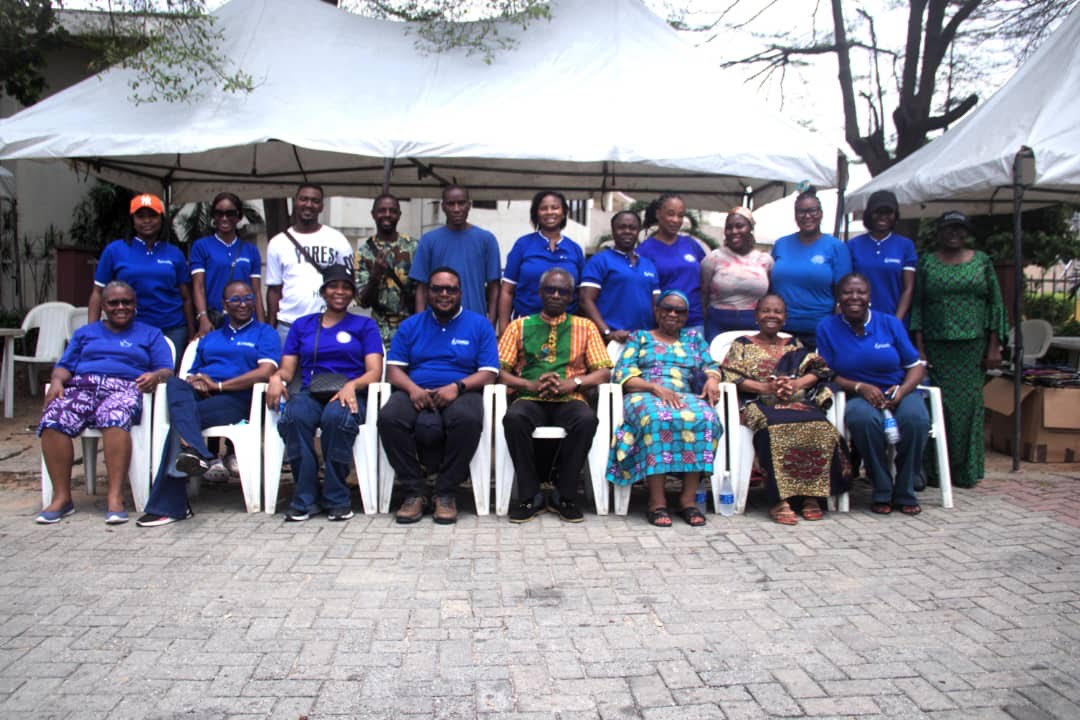
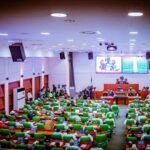

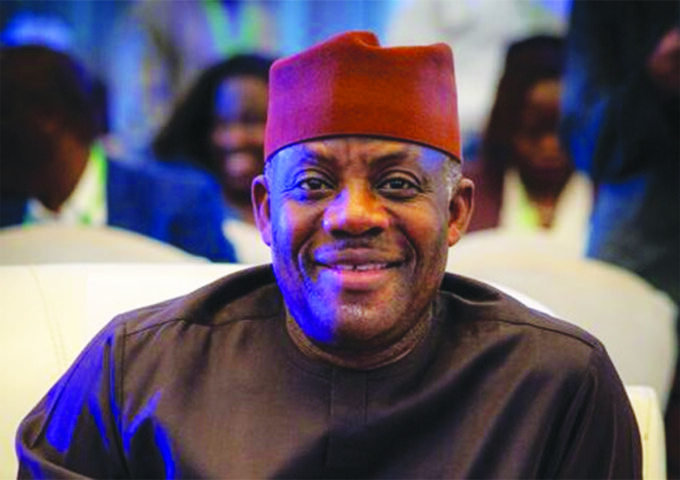
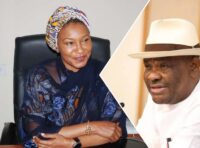
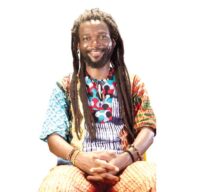
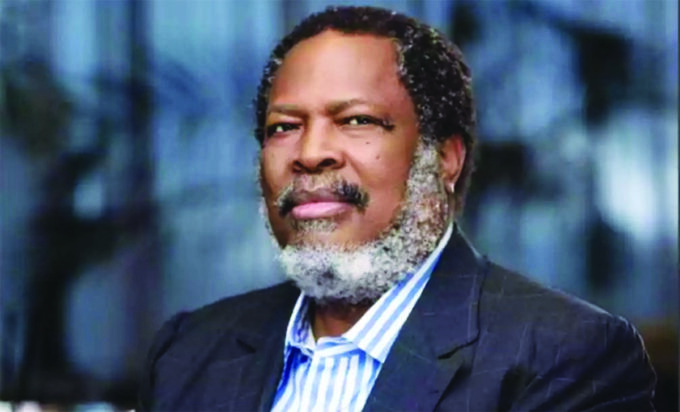
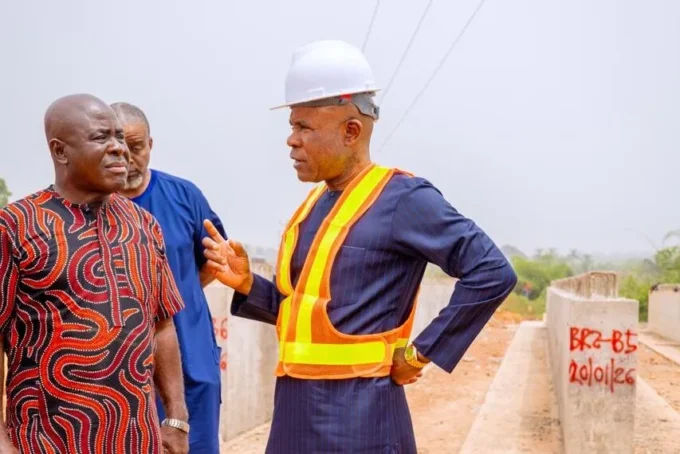
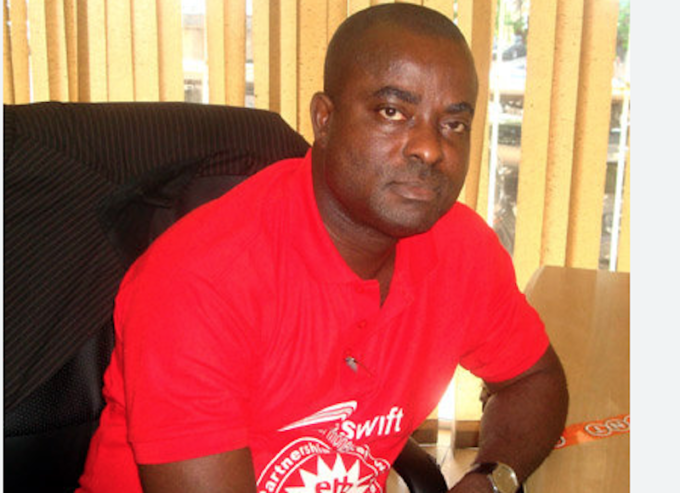


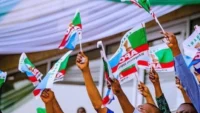
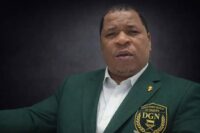
Leave a comment